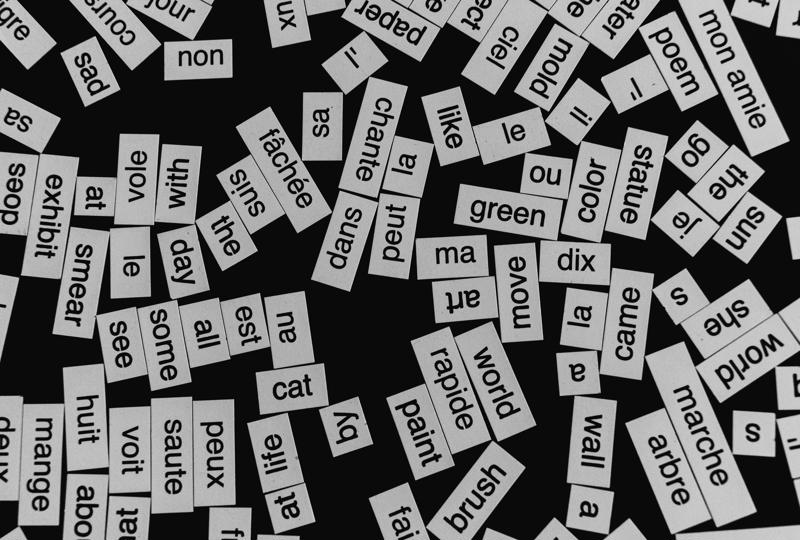Adam Lamb CTeach, Head of Learning Area (Languages), Mossbourne Community Academy, London, UK
Languages have long been considered “difficult”. The reasons are obvious – you can’t make progress without learning lots of vocabulary, you have to get your mind round illogical grammar rules and avoid getting discouraged by mistakes when applying them, and you project yourself publicly as an ignoramus every time you open your mouth to practise speaking.
(Kohl, 2019)
Many students find languages difficult (Kohl, 2019), with the GCSE reading paper proving particularly challenging. In 2019 and 2022, students performed nearly 10 per cent better nationally in the higher speaking exam compared to the reading exam, with the same trend at foundation tier. When analysing my centre’s 2022 December mock examination results, our results echoed these findings. My students could locate an answer in a text but failed to extract sufficient detail in their answers to gain credit, through failing
Join us or sign in now to view the rest of this page
You're viewing this site as a guest, which only allows you to view a limited amount of content.
To view this page and get access to all our resources, join the Chartered College of Teaching (it's free for trainee teachers and half price for ECTs) or log in if you're already a member.











